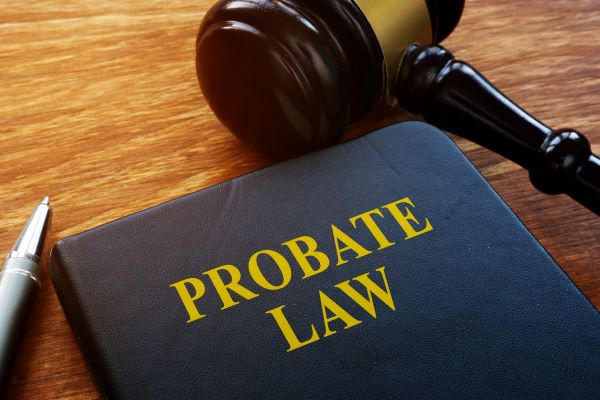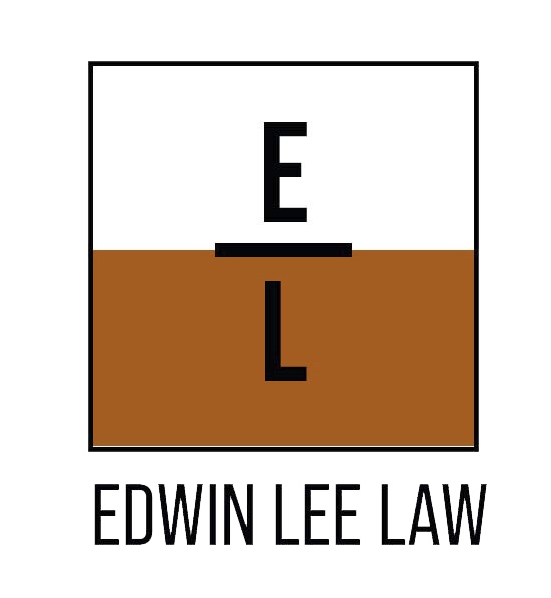Takeaways
Holidays can be amazing, and tough, a time to recognize the impact of stress on our lives and embrace strategies to mange it effectively.
Financial worries are a major contributor to stress. Proactive estate planning, such as creating a will, is...

A Guide to Probate
ABA describes probate as the legal process by which a will is given formal recognition and a personal representative (executor) is appointed to administer the estate. Navigating the probate process will vary according to state law. Therefore, it is good to contact a probate lawyer to determine if the estate is small enough to bypass formal probate, whether the fiduciary must be bonded (this requirement is often waived in the will), and what reports are necessary to prepare.
The Uniform Probate Code
In more recent years, states have tried to simplify their probate procedures. The Uniform Probate Code (UPC) consists of laws written by a group of national experts to help standardize and streamline probate, and most states have adopted these standards. Across state lines, the probate process is finally beginning to work more effectively.
Probate Attorneys Help Navigate or Avoid Probate
However, this does not mean you shouldn’t meet with a probate attorney. Individual states still have different monetary thresholds for what constitutes a lower value estate that can bypass part or all of the probate process. Administering complex estates with an attorney’s guidance will be beneficial even if most estate assets already take advantage of estate planning tools designed to bypass probate. The attorney can support the executor or personal representative when providing the local courts with basic information like death certificates, form submissions, and communication with beneficiaries while administering the estate. The goal is to keep the probate process as simple as possible.
The essence of probate involves the following:
- Determining and proving the decedent’s will
- Submitting an estate inventory and appraisal of the decedent’s property
- Ensuring the estate’s taxes and debts are paid in full
- Making sure every estate asset is distributed in accordance with the decedent’s will or the state’s intestacy laws.
Probate Attorneys Help Executors Through Estate Administration
The estate’s personal representative is responsible for initiating court procedures and distributing the assets to named beneficiaries. If the personal representative fails to initiate probate proceedings, any party interested in the estate may initiate probate. Typically, these parties include those who will gain assets from the will, like a beneficiary or a creditor. In the absence of a named personal representative or if they are unwilling or unavailable to administer the estate, the court will appoint one to oversee the probate process. You may hire a probate attorney instead.
The time frames to begin the probate process are state-dependent. They begin at the decedent’s date of death and range from three to twenty or more years. Some states have no time limits for filing a will for probate, like California.
Removing Conflict and Debt Negotiation
Once the gathering and filing of necessary paperwork for the probate process are complete, you may find a disgruntled heir or someone bypassed from the will altogether make a legal challenge to the probate court, perhaps contesting the validity of the will. These legal challenges slow administering the estate, as can handling an estate with excessive debt where property needs to be sold to make good on debt claims. A probate attorney can mediate conflicts that arise by removing emotions from the decisions and negotiate debts.
If the probate process is going to be lengthy, immediate family members can ask the court to release short-term support funds in most states. The reputation of probate is at times well deserved for being time-consuming and expensive.
The probate process can be simple only when heirs agree with the will and the dissemination of property and assets. In that case, the executor provides the local courthouse with the decedent’s last will, a certified copy of the death certificate, a list of names and addresses of heirs, and a list of known creditors.
Maintaining Privacy
If there is disagreement among heirs, it is worth sorting out issues before beginning the probate process to avoid a legal challenge to the will. Once filed, probate proceedings are part of the public record, and most people prefer privacy regarding the death of a loved one and inheritance. However, excessive delay in the probate process will likely create more complex and expensive situations to resolve. If you need to work things out with heirs before beginning probate, it is best to resolve issues, if possible, sooner than later.
Avoiding Probate with Estate Planning Tools
While some probate processes can be extensive, taking multiple years to complete, most probate does not. Many estate planning attorneys help their clients avoid extensive probate through mechanisms such as a revocable living trust. This trust type allows the property in the trust to pass outside of probate. Other ways to avoid probate are titling property with survivorship features or adding beneficiaries on accounts, such as an IRA. Knowledgeable estate planning attorneys use these mechanisms and entities to keep the probate process to a minimum. These entities may include:
- Annuities, life insurance policies, and retirement funds with named beneficiaries
- Pay-on-death or transfer-on death-accounts
- Property in joint tenancy with rights of survivorship
- Property held as tenancy by the entirety
- All property held in a legal trust
Most individuals seek to minimize the probate process when creating their estate plan. This best practice is suitable for larger and more complex estates as probate can become expensive and significantly decrease your estate’s inheritable value. Even smaller value estates using the entities and techniques for direct transfer or property outside of probate can benefit. Talk over your wishes with your estate planning attorney to create a plan that can minimize probate. If you are already a named personal representative and the existing estate plan is murky or without the presence of a will, a probate lawyer can help you assess the best path forward to accomplish the probate process with minimal loss to the estate’s value.
Please contact our Houston office today or schedule a consultation to discuss your legal matters. We would be happy to help you and welcome your call.

